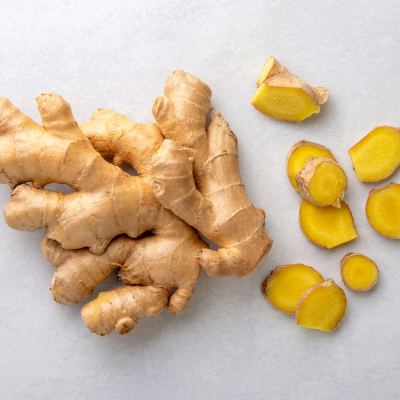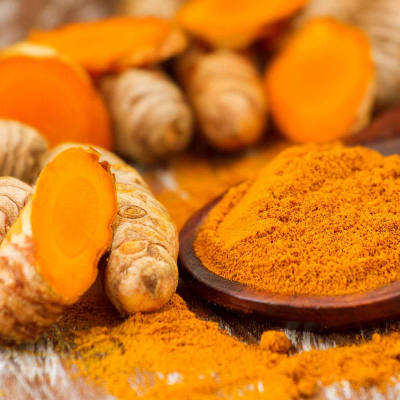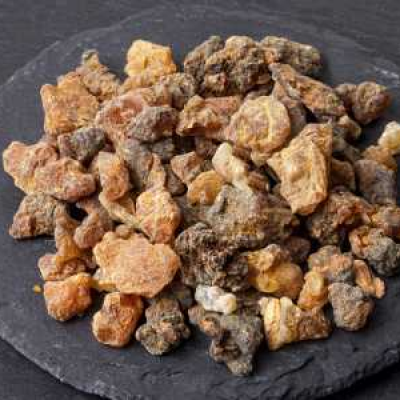- +033 2572 7171
- info@dhanvantary.com

4.5 Rating | 4500 Review

4.5 Rating | 4500 Review
Frozen shoulder, also known as adhesive capsulitis, is a condition characterized by stiffness, pain, and limited range of motion in the shoulder joint. It occurs when the connective tissue surrounding the shoulder joint (the capsule) becomes inflamed and thickened, restricting movement.

Frozen shoulder typically develops gradually over three stages:
Ayurveda views frozen shoulder as a Vata-Kapha imbalance leading to pain (Shoola) and stiffness (Stambha). Treatment focuses on reducing inflammation, improving circulation, and restoring mobility.

Reduces inflammation.

Strengthens muscles and relieves pain.

Reduces swelling and stiffness.
